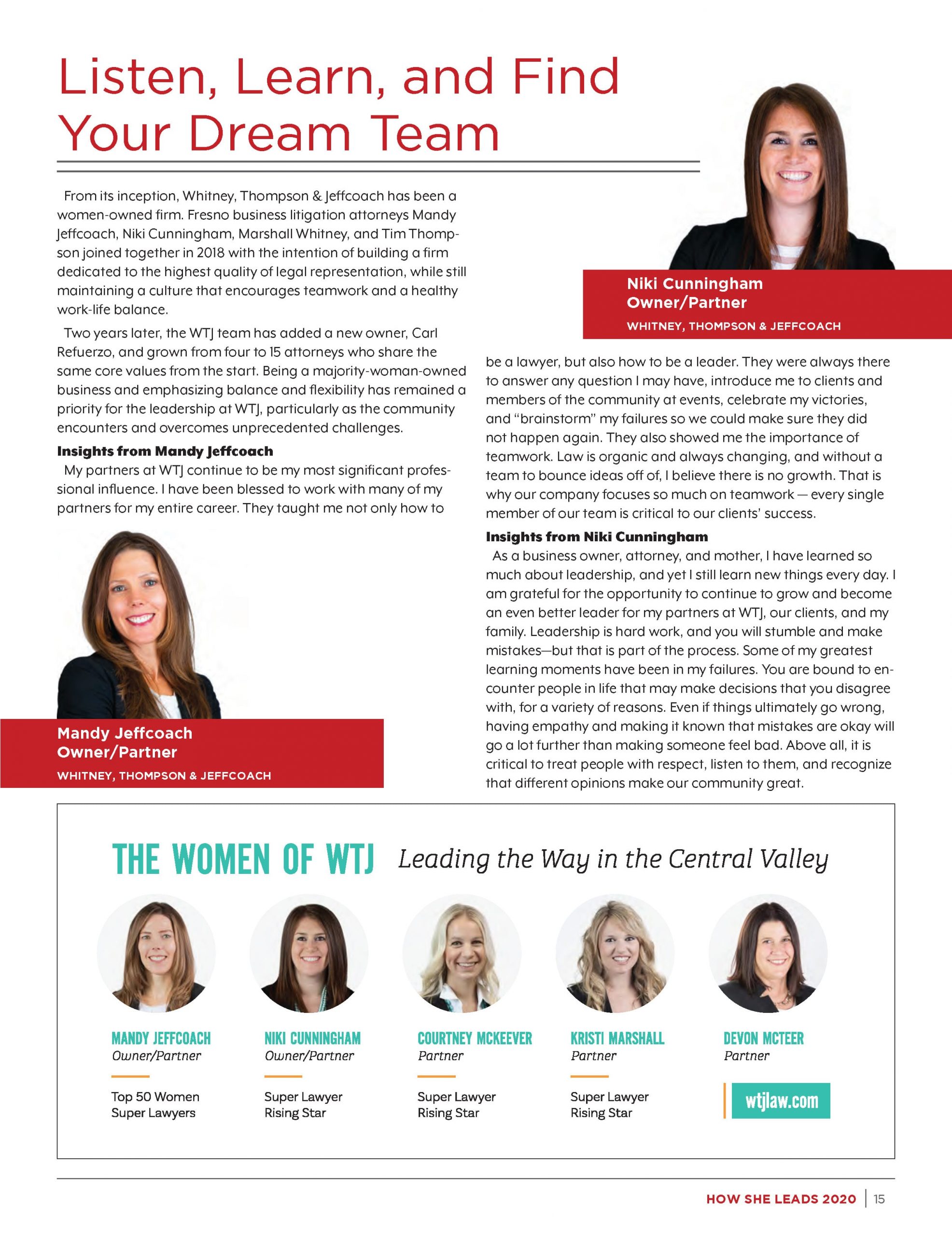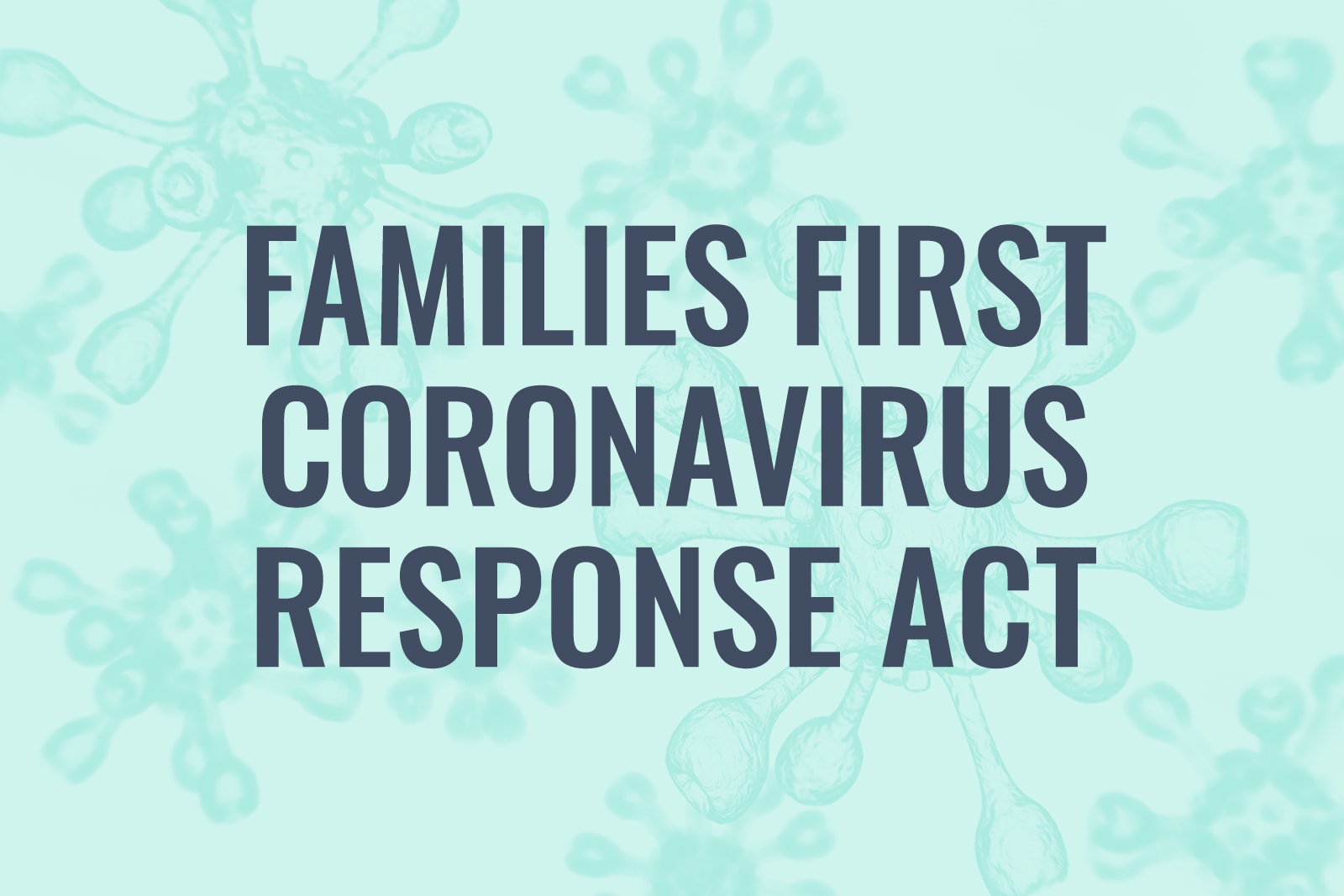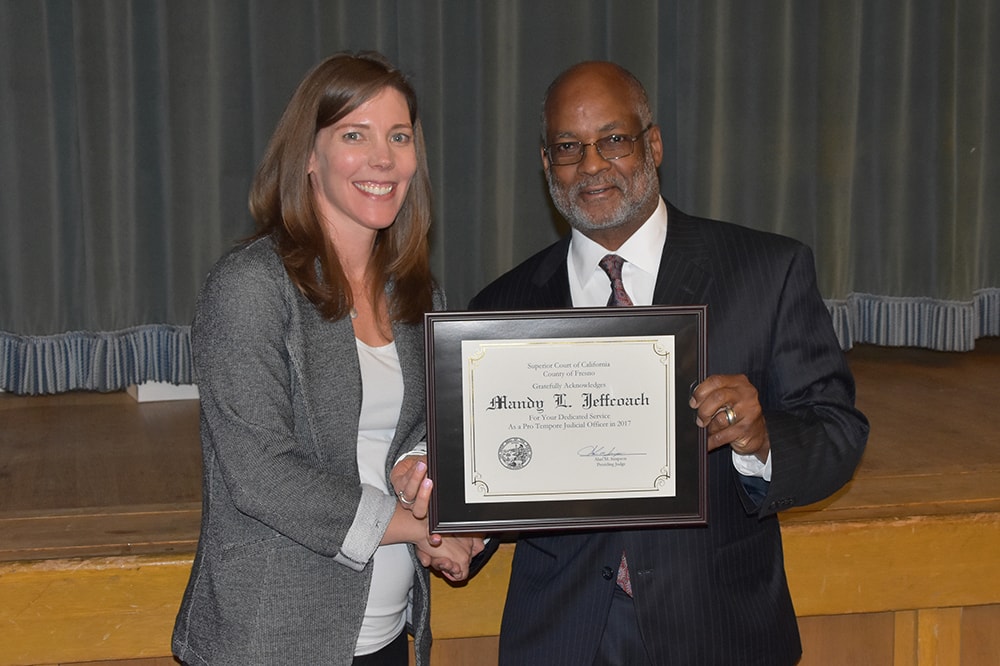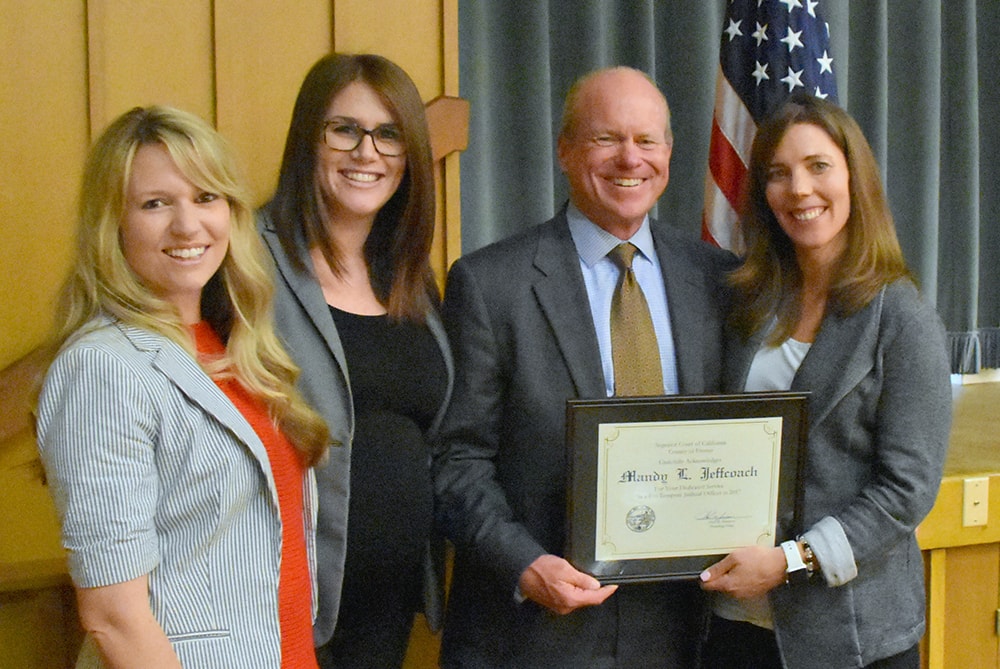By Courtney R. McKeever, Esq. and Brodie Surfus, Esq.
General Background and Key Reporting Dates
On January 21, 2021, the Corporate Transparency Act (CTA) became a federal law in the United States. The CTA mandates the Financial Crimes Enforcement Network (FinCEN), a division of the U.S. Department of the Treasury, to establish a nationwide registry containing beneficial ownership information (BOI) for the beneficial owners of most entities formed or registered for business purposes in the United States, which are referred to as Reporting Companies. The primary objective of the CTA is to deter illicit activities such as money laundering, fraud, and the financing of terrorism.
On September 30, 2022, FinCEN issued a final rule that enforces Section 6403 of the CTA, which includes the BOI reporting requirements (Final Rule). The Final Rule requires Reporting Companies to disclose specific personal details of each “beneficial owner” and “company applicant” to FinCEN, as well as information about the Reporting Company itself. The Final Rule took effect on January 1, 2024.
Reporting Companies created or registered before January 1, 2024 must file their initial BOI reports by January 1, 2025. Reporting Companies created or registered on or after January 1, 2024 must file their initial reports within certain time periods. If created or registered in calendar year 2024, the BOI report must be filed within 90 calendar days. If created or registered thereafter (beginning January 1, 2025), the BOI report must be filed within 30 calendar days. For both the 30-day and 90-day requirements, the clock begins ticking as of the earlier of (i) the date on which the entity receives actual notice that its creation has become effective or it has been registered to do business, or (ii) the date on which a secretary of state or similar office first provides public notice.
The Final Rule Impacts Reporting Companies
All entities classified as “Reporting Companies” are mandated to submit BOI reports to FinCEN. An entity is deemed a Reporting Company if it came into existence in the United States by filing documents with a secretary of state or a similar office, or in the case of a foreign entity, if it registered to conduct business in the United States by filing documents with a secretary of state or an equivalent office. Reporting Companies include any entity that is (1) a corporation, (2) a limited liability company (LLC), or (3) created by the filing of a document with a secretary of state or any similar office under the law of a state or American Indian tribe.
There are 23 categories of exemptions from the Final Rule, and Reporting Companies that qualify under these exemptions will not need to file BOI reports (unless they later become non-exempt). BOI reporting requirements are only applicable to Reporting Companies who do not meet an exemption. In general, the exemptions only cover highly regulated entities and other “low-risk” entities (e.g., large operating companies with a physical presence in the U.S., 501(c) nonprofit organizations, charitable trusts, split-interest trusts, publicly traded companies, SEC-registered companies, insurance companies, banks, etc.) Privately held entities typically used for estate planning, investments, real estate, tax planning, privacy, or personal purposes are generally not exempt. Therefore, in spite of the great number of exemptions, many newly and recently formed companies are not likely to qualify for an exemption and thus will be required to report.
What If A Reporting Company Is Owned By A Trust?
If an ownership interest in a Reporting Company is held through a trust, each of the individuals listed below is deemed to have an ownership interest in that Reporting Company:
- A grantor/settlor who has the right to revoke the trust or otherwise withdraw the trust’s assets
- A beneficiary who is the sole permissible recipient of the trust’s income and principal
- A beneficiary who has the right to demand a distribution of or withdraw substantially all of the trust’s assets
- A trustee of the trust
- Any other individual who has the authority to dispose of trust assets
Depending on the specific circumstances, other individuals may also be considered to own or control ownership interests through a trust. This may include individuals like trust protectors, distribution or investment advisors of trusts, or beneficiaries of trusts with multiple beneficiaries. The determination of ownership interests through trusts can vary based on the particulars of each situation.
What Information Must Be Reported and by whom?
If you are required to report your company’s BOI to FinCEN, you will do so electronically through a secure filing system available via FinCEN’s website. Reporting Companies are required to furnish specific personal details of both “beneficial owners” and “company applicants” to FinCEN. A “beneficial owner” is any individual (can be more than one individual) who exercises “substantial control” over the Reporting Company or who owns or controls a 25% “ownership interest” in the Reporting Company. An individual exercises “substantial control” over a Reporting
Company if the individual meets any of four general criteria: (1) the individual is a senior officer; (2) the individual has authority to appoint or remove certain officers or a majority of directors of the reporting company; (3) the individual is an important decision-maker; or (4) the individual has any other form of substantial control over the reporting company. “Ownership Interest” includes any of the following: equity, stock, or voting rights; a capital or profit interest; convertible instruments; options or other non-binding privileges to buy or sell any of the foregoing; and any other instrument, contract, or other mechanism used to establish ownership.
A “company applicant” is any individual who directly files the document that creates the domestic reporting company or registers the foreign reporting company, and the individual who is primarily responsible for directing or controlling such filing if more than one individual is involved in the filing. Not all Reporting Companies are required to report their company applicants to FinCEN. A Reporting Company is required to report its company applicants if it is a domestic or foreign reporting company created on or after January 1, 2024. Each Reporting Company that is required to report company applicants will have to identify and report to FinCEN at least one company applicant, and at most two. All company applicants must be individuals; companies or legal entities cannot be company applicants. If a client directs their attorney, spouse, business partner, accountant, etc. to file the formation documents of an entity, both the client and the second individual who actually filed will be company applicants.
A Reporting Company must disclose specific information about itself and the beneficial owners and company applicant. The Reporting Company disclosures include: (1) legal name, (2) trade name, (3) business address (cannot be a P.O. Box Number), (4) jurisdiction information, and (5) U.S. Internal Revenue Service taxpayer identification number. The beneficial owners and company applicant disclosures include: (1) legal name, (2) date of birth, (3) current address, and (4) an identification document with a unique identifying number (e.g., passport).
Changes or Updates to Reported Information
If there is any change to the required information about the company or its beneficial owners in a filed BOI report, the company must file an updated BOI report no later than 30 days after the date on which the change occurred. The same 30-day timeline applies to changes in information submitted by an individual in order to obtain a FinCEN identifier. However, a reporting company is not required to file an updated report for any changes to previously reported personal information about a company applicant.
If an inaccuracy is identified in a BOI report that a company filed, the company must correct it no later than 30 days after the date the company became aware of the inaccuracy or had reason to know of it. This includes any inaccuracy in the required information provided about the company, its beneficial owners, or its company applicants. The same 30-day timeline applies to inaccuracies in information submitted by an individual in order to obtain a FinCEN identifier.
If a company filed a BOI report and later qualifies for an exemption from the reporting requirements, the company should file an updated BOI report to indicate that it is newly exempt from the reporting requirements.
Penalties For Non-Compliance
Reporting violations, such as false reporting or the failure to report, can result in civil or criminal penalties for both a Reporting Company and certain individuals affiliated with it. As specified in the Corporate Transparency Act, a person who willfully violates the BOI reporting requirements may be subject to civil penalties of up to $500 for each day that the violation continues. That person may also be subject to criminal penalties of up to two years imprisonment and a fine of up to $10,000. Potential violations include willfully failing to file a beneficial ownership information report, willfully filing false beneficial ownership information, or willfully failing to correct or update previously reported beneficial ownership information.
This article is written for informational purposes. It is not intended to be legal advice and does not establish an attorney-client relationship.
References:
You can view the Final Rule here: Beneficial Ownership Information
Corporate Transparency Act: 31 U.S.C. §5336 (Beneficial ownership information reporting requirements)
31 CFR §1010.380 (excerpt from Beneficial Ownership information Reporting Requirements Final Rule)















